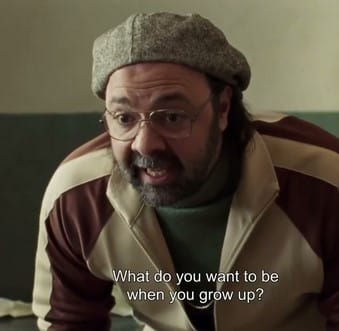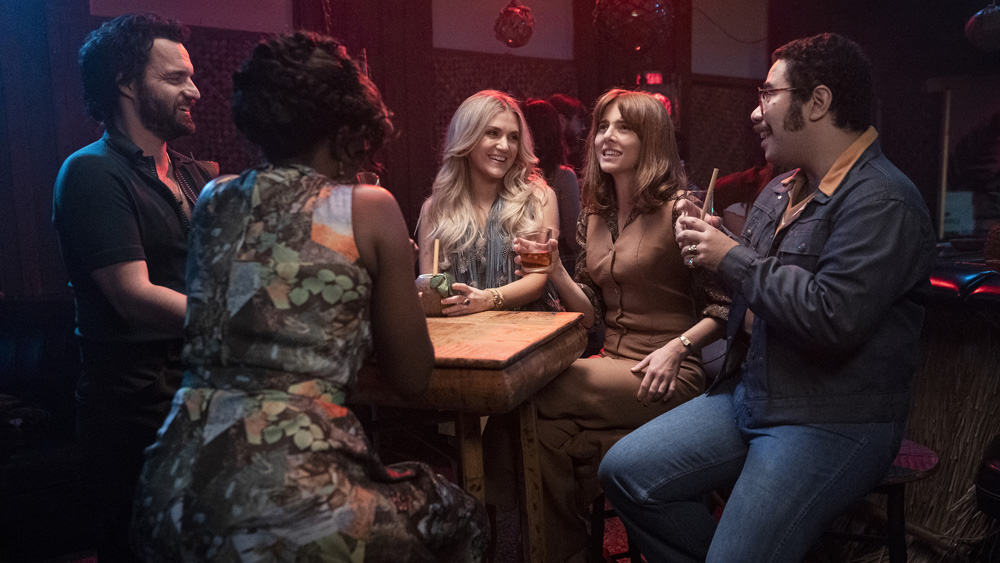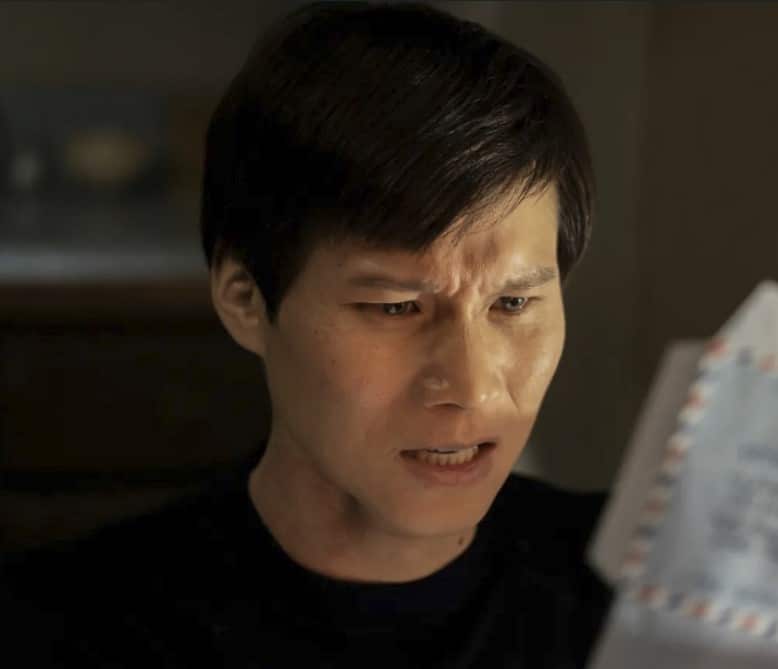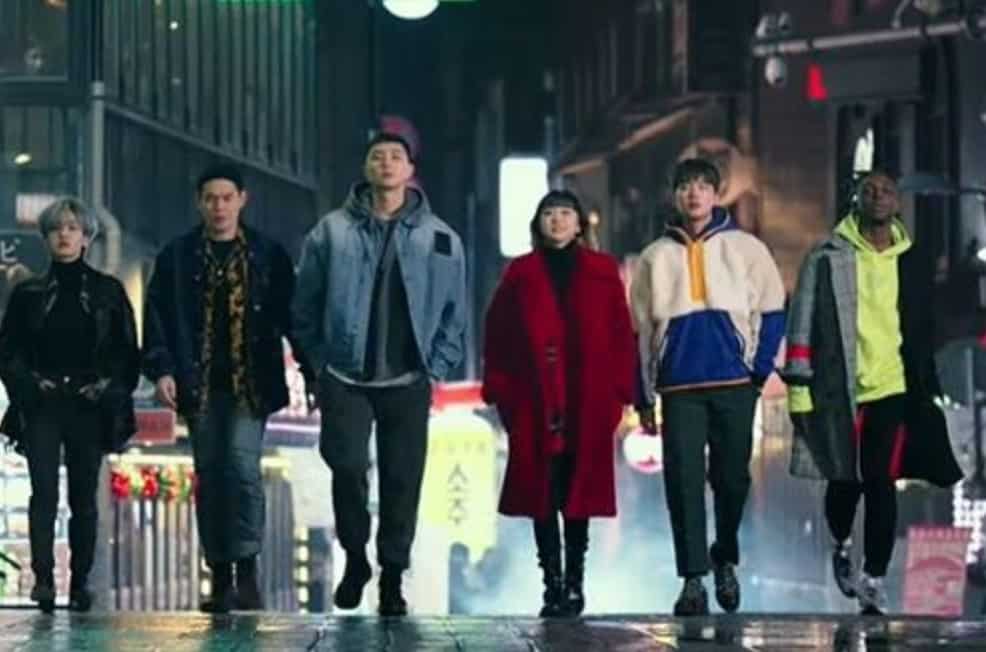Watercooler Pick
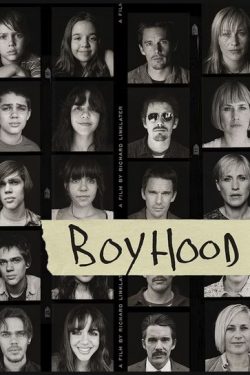
Boyhood
- Movie
- Where to Find It: AMC+, Amazon, Pluto, YouTube TV
- Rating: R
- Release Date: July 11, 2014
- Runtime: 2h 46m
Recommended by:
Share on social media
Find More Watercooler Picks
An Oscar-nominated scripted drama shot over the course of 12 years, Boyhood follows a Texas boy named Mason as he deals with the hardships of his unpredictable home life in the wake of his parents divorce. We first meet him when he is six years old, and every few scenes the story jumps a year, so we are there as he grows up alongside his older sister and his overtaxed mother.
Written and directed by superstar director Richard Linklater (Hit Man and the Before Sunrise trilogy, among many others), Boyhood includes a small cast with a few household names such as Linklater’s frequent collaborator Ethan Hawke (as the boy’s father, Mason Sr.) and Patricia Arquette (as his mother Olivia Evans). Linklater’s daughter, Lorelei Linklater, also stars as the older sister of the main character, Mason, who is played by Ellar Coltrane.
When portraying teenage boys, writers often miss the mark on how we think and act, usually putting us into a box, dramatizing certain stereotypes while limiting the substance of the character. Boyhood is the exception. Its portrait of the pivotal moments of growing up is undeniably realistic and genuinely moving.
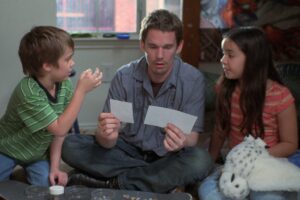
Mason is a multidimensional teenager with depth, and he is always evolving. In fact, the development of each character is so expertly executed because of the innovative way that the movie was created and shot. Linklater intentionally chose two first-time child actors and modeled the characters on their actual lives, capturing how they matured in real life over the course of 12 summers.
The amateurish nature of the cast doesn’t hinder the potential of the movie–it adds to its realism. Ellar Coltrane perfectly captures the frailty of growing up as a shy, unconventional boy, and he gives a sterling performance that culminates with his entry into college. He brings a teenage-like curiosity to his character and has reactions and conversations that are reminiscent of true adolescence, understanding when to be quiet and when not to be.
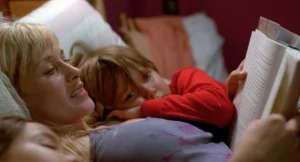
Watching Mason develop throughout each stage of his childhood creates a powerful connection between him and the audience; his character is easy to relate to, in part because of his introspective nature. The way that he maneuvers about his familiar yet challenging childhood is redolent of the ways that many kids deal with their difficulties. Moving back and forth between his parents’ disconnected lives, he seems to surrender to his situation. Even when he’s put into dangerous situations, such as when his stepfather drunkenly smashes a whiskey glass on the dinner table, he only reflects upon his experiences in hindsight. When faced with being a witness to his mother’s abuse, he is hesitant to take action until she does so, replicating the innate thought process of a child in a similar situation.

As his vulnerable yet ever-evolving mother, Patricia Arquette earned her Oscar for playing Olivia Evans, a woman who poses thought-provoking, existential questions about her life and her kids while imploring the audience to feel for her. She questions the relevance of specific moments in time and reflects on how life is just a series of milestones.
Mason’s sister Samantha delivers an endearing performance as she illustrates the uncertainties of being an older sibling, and the responsibilities that come with that. As a younger sibling myself, her performance nudged me to reflect on the ways that my older brother acted when we were younger; I connected similarities between the two that I now assume must be somewhat universal.
The way that the movie is directed is not very flashy, which suits the story. It is meant to be grounded as it follows the narrative and arc of the feelings behind the characters as time passes. Watching Boyhood is like watching an entire childhood unfold in front of you. The lack of cinematic aesthetics paired with the naturalistic writing style create a very original, genuine feel to the story — as though the actors were just told to react accordingly to any given line, even though there were very few instances where the actors actually improvised. It is uncommon to find dialogue — or any film about growing up — that is this realistic.
A nuanced, meaningful piece of visual and audible poetry, Boyhood holds a special place in the heart of its audience. It emphasizes the importance of moments in time as people grow up and contests the idea that any singular moment is defining to your childhood. It’s a film that captures the full breadth of the emotions of childhood, but Boyhood conveys each one delicately and leaves the viewer reflecting on its many pensive conversations.
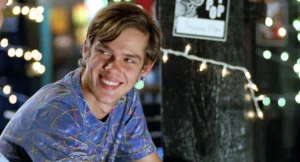
Why Now
During a time of immense stress and chaos, with horrific news stories frightening the younger generation about what may come, Boyhood acts as a vessel to bring us back to the personal, sentimental basics of life, and give us a sense of comfort and even hope. It drives home the point that life goes on and all will turn out fine.
Boyhood is actually rated R, due to depictions of teens smoking pot and drinking and some sexual references. But nothing explicit is shown. It is best to watch either alone or with someone you love. It is a very intimate movie – not in a romantic way – and encourages introspection.
The soundtrack for Boyhood pulls in soft, nostalgic songs from each era as the characters grow up. It is even filled with some amazing original songs performed by Ethan Hawke, like Split the Difference, as well as chart-topping songs like Yellow by Coldplay.
- Moods: give me hope, take me back, tug my heartstrings
- Interests: acclaimed and award winning, classic, coming of age, modern families, psychological drama

Sean Findley



